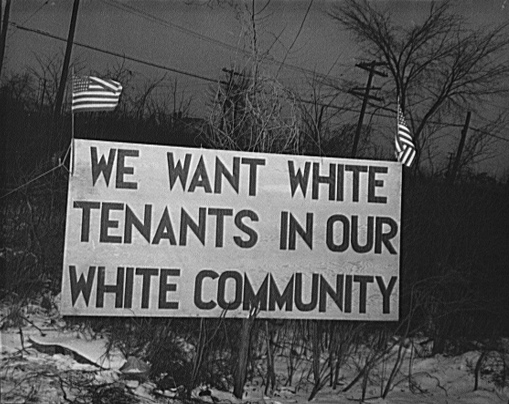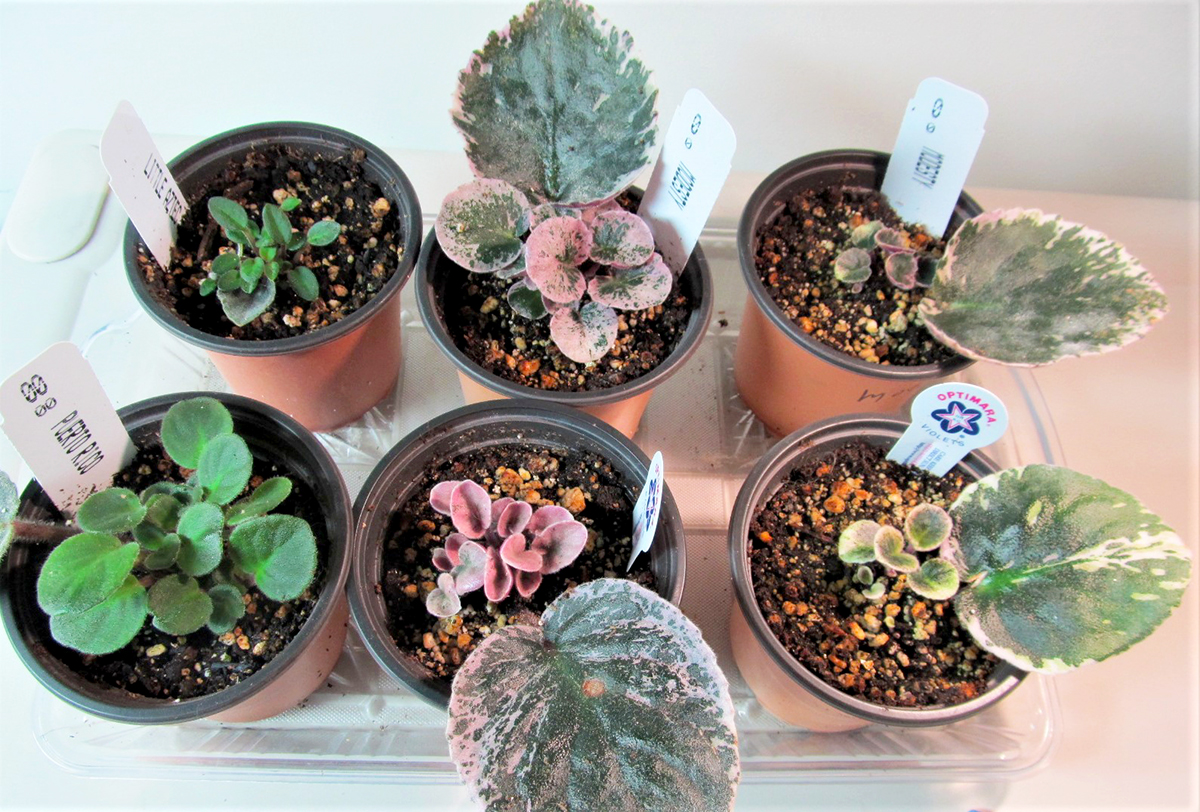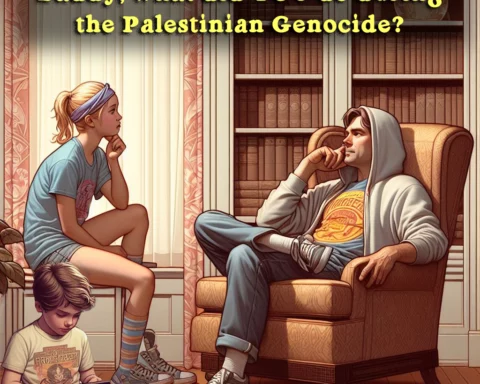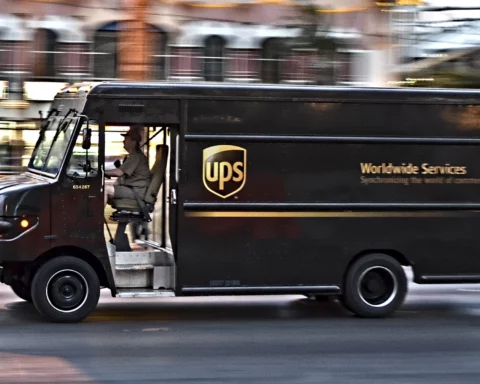Reflections on complicity
NOTE: This editorial was mainly written during the second week of July, 2019. I delayed publishing it, intending further revision. In light of recent local acts of harassment, reported to have been racially motivated, I have chosen to publish it in its present form. I include twenty links to outside information, which, if studied, would make this essay a master-class on casual systemic racism. Your comments are, of course, invited and welcome.

The days leading up to, and immediately following, Independence Day festivities always spin out a tangle of conflicting emotions. Thirty years ago, on my twenty-first birthday, I heaved an overweight pack onto my back to set off in search of America. I’d grown up in a Northwestern Connecticut town similar to Williamstown, Mass., with a far superior village green, but no bad-ass liberal arts college. I’d lived in isolation from reality and diversity throughout my youth and wanted to immerse myself in the different experiences the Land of the Free had to offer.
Growing up, my family had been the Hispanic family, and I was only aware of one Black family and one or two Asian families in town. The prejudice and discrimination I endured — from educators, police, classmates and their families — shaped me in some interesting, if jagged ways, I now appreciate. At the time though, enduring racism was the price of admission into safe neighborhoods, clean air, and good schools. You expected it. You accepted it.
But it was heading straight for the nation’s capitol to experience the Fourth of July that gave me my first understanding of institutional racism at scale. The lobbyist who’d picked me up in his Saab on the Beltway almost refused to let me off at the M.L.K. Avenue exit after hearing my expectations that the entire neighborhood would be a living monument to civil rights and equality where a spirit of brotherly love infused the air. There was a fair bit of distance between that notion and the borough I eventually escaped from in mostly one piece.
In addition to a little blood and pride, I lost a delusion — the delusion that I harbored no racial prejudices of my own. I’d grown up in a world where I’d had no reason to challenge my own cultural self-image. I stood on the Mall hours later, a hitching heartbreak in my chest, hating the city for holding up a mirror to my own biases. For the first time though, I had a glimpse of understanding that the searing racial disparities I’d witnessed first-hand must be rooted in a system so vast and complex that knowing what part you played in it could never fully be achieved.
Well into the new millennium, the town I grew up in has slid deeper into conservative and bigoted ideological territory, if voting records are any indication. In the news every day is proof that a post-racial American is pure fantasy. We know that neo-Nazis and White supremacists have wormed their way into positions of unchecked power at all levels of law-enforcement and government. Acts of race terror, whether physical or rhetorical, are escalating in a nation rocked by one “police-involved-shooting” of a person of color after another and another and another.
Leading up to Independence Day this year, my heart ached again to read on Facebook that an individual in a passing pickup truck yelled “n*****” at the child of a friend of mine, walking in liberal Williamstown, Mass. I know very well the rush of adrenaline occurring in concert with a sinking feeling in the gut that the kid likely felt. The immediate fear of potential violence, the lingering worries that it won’t end with just the hurling of a slur, and the terror of the possibility that the person knows where you live.
A shouted racial slur from a moving vehicle is a disgusting, aggressive display of bigotry. No doubt. In the predictably tepid chain of social sympathy that followed, the inevitable Trump-blaming occurred. And while I have to agree with responses that pointed out racist behavior going back centuries before the last presidential election, I keep coming back to one point that should be made: an almost certainly powerless person felt comfortable demonstrating their perceived superiority in a public and vocal (if cowardly) way not just because they’ve watched their idols doing so, but also because they haven’t seen any meaningful push-back from their liberal neighbors against the hundreds of discreet racial aggressions waged against minorities every day.
There is no conceivable way that White supremacy could have achieved the strength that it has without otherwise decent people turning a blind eye to the subtle discrimination happening in their communities in both personal and systemic ways. For every such incident of blatant harassment (terrorism really is a better term), there are hundreds of hiring managers, bank officers, landlords, educators, business owners, and town officials who quietly seethe with racial biases.
There exists a culture within a culture filled with people who wait for their chance to deny a qualified minority applicant a business loan. To reject the employment application of a qualified Latinx candidate. To tell an apartment-hunting Asian family that the unit has “just been rented.” To enforce school zero-tolerance discipline policies for minorities, but hand out lighter, and arbitrary, punishments for White students (as noted by former Pittsfield High School principal Tracey Benson in our TLC#34 interview). To behave openly hostile to customers of color, so that they won’t return to the shop, or even neighborhood. To decipher college admissions applications for warning signs of racial justice activism.
These are usually “some very fine people.” Their kids play with your kids. You patronize their stores and restaurants. They go to your church. You chatted sociably at the community pancake breakfast fundraiser. You voted them into office.
You’ve heard some kinda questionable things come out of their mouths about race —maybe an ethnic joke, maybe a complaint about “those people”— and they saw the look on your face, and the subject hasn’t come up again in the last several years. In a barely perceptible way, you made a deal with them. You agreed to let that thing they just said slide, and they agreed not to offend you again by exposing you to their racist attitudes. Not a word was uttered, yet this was a contract drawn up in, and enforceable under the jurisdiction of, whiteness. Of dominance.
You are now complicit — every time you have a cordial interaction with this racist that ends amiably, you reiterate:
“While I don’t personally subscribe to your racist opinions about how people of color and other minorities should be treated, I value this relationship with a fellow White person, and the maintenance of a stable social order, more than progress in the efforts to end discrimination and oppression.”
All of this assumes that you believe in equal rights for all, of course, and that you support diversity in hiring, housing, education, and so on. Oh, also that being around black and brown and red and yellow people doesn’t make you overly uncomfortable.
Notice that I said “overly uncomfortable.” It’s okay to admit discomfort in new situations and unfamiliar surroundings. You should be honest about it. In fact, it’s absolutely critical that you be honest with yourself first and foremost. No personal, internal progress can be made with you lying to yourself about your prejudices. You can’t simply compare yourself to White supremacists marching with Tiki torches, chanting “You will not replace us” and pat yourself on the back for being some kind of internet ally to people of color. You believe that your self-described White liberal status inoculates you from racism and feel offended, probably right now, when the suggestion is made that maybe you harbor just a smidgen of that supremacy mojo yourself. That’s the path to more complicity, and possibly even accessory.
Has a family of color ever moved into your neighborhood, and months (or years) went by without you dropping in to say welcome, even though you did just that for new White families who became your new neighbors? If you are a homeowner, did you have even a tiny fleeting concern that “there goes the neighborhood” and wonder if you’ll be seeing real estate agents dragging more families of color to an increasing number of houses for sale on your street? That maybe it might not be a bad time to take care of some of those delayed repairs and upgrades, just in case you want to put your own house on the market before property values start dipping?
It’s called casual racism, and while you may not be responsible for the attitude programming you received from your family and community as a child, as an adult, it is your responsibility to take steps to re-program yourself.
Have you ever been on a hiring committee that selected a Caucasian candidate over a qualified person of color because they seemed like a “better fit?”
Did you choose to pass on an opportunity to invest in or do business with a minority-owned company because they didn’t seem to check all the boxes for you, even though you’ve green-lighted White-owned businesses who had sketchier plans or pasts but gave you “a good feeling” about them?
There’s a really, really good chance that either you or someone you know quite well has been in one of these situations mentioned above. I know this because the data is already out there and available. Neither overt, nor strategically masked discrimination is confined to the South, nor to rural areas in the North. Within politically solid “blue” progressive Northeastern cities, tremendous harm is being done to minorities across town, up the street, and right down the hall from people who say that they don’t approve of racism in employment, housing, business, or education.
And I really worry that more and more horrifying acts of mass murder by unhinged White supremacists are going to obscure the thousand small cuts inflicted on the psyches and status of people of color each day. To measure a person’s (or one’s own) prejudices by whether they result in a body count is too grotesque a yardstick even to contemplate. And yet, that extreme is having the effect of normalizing race-based privilege and power. Left unchecked the Overton Window will unquestionably slide in the direction of apartheid and occupation and genocide. It always has.
As normally decent people gasp at each new atrocity the plays out in real time on the socials, legions of people in positions with varying degrees of authority everywhere are making conscious — or not-quite-subconscious, at least — decisions affecting the lives of residents who depend upon, and deserve, equal treatment under the law. White liberals and progressives who claim outrage at overt displays of White supremacy have to do more than take to their smartphones and keyboards in a low-stakes digital pushback. They need to be willing to call out racial aggression and micro-aggressions in their workplaces, schools, and municipal bodies. Because the stakes are becoming increasingly fatal for people of color, and the horrific edge of this new reality is dulled a little bit more with every unchecked instance of casual or institutional racism.

















You must be logged in to post a comment.